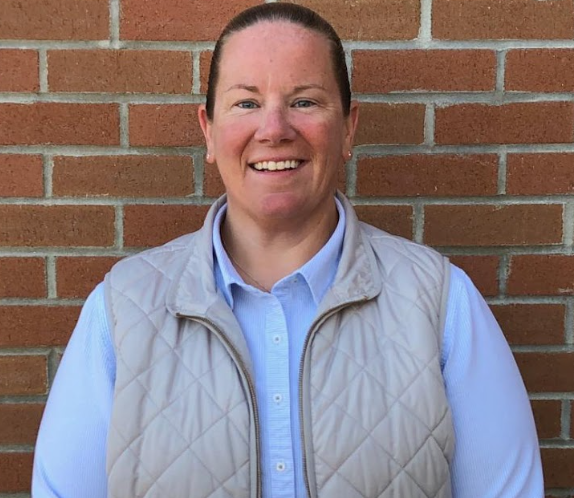Transitioning From a Carnivore to an Herbivore
September 26, 2018
This upcoming week marks the nine-month celebration of my veganism; nine months full of zero animal products and zero animal byproducts. There have been the occasional accidental slip-ups, but a vegan lifestyle can’t be a perfect lifestyle. Vegans are usually associated with hipsters who live in California or Oregon, or with radicalists who will share the notion of veganism to everyone they’ll ever meet. According to veganbits.com, only “2% of Americans are vegetarian, with 0.5% of the US population being vegan” — making a vegan lifestyle extremely difficult for the average human being who has a job or is a every-day student. The vegan lifestyle is heavily involved with cooking your own meals, meal prep, and consciously thinking about everything you consume, purchase, and do.
Alas, transitioning from carnivore to herbivore wasn’t as easy as it seems on PETA’s website or as it is within vegan cookbooks. Removing all of the animal products and animal byproducts from my diet all at once, without any transition from vegetarian to vegan, made it seem like I was starving myself of core nutrients that a human needs to function daily.
Regarding my new vegan diet, I had to begin replacing the chicken I would eat on a daily basis with tofu, seitan, or tempeh; sources of plant-based protein. I had to learn to incorporate beans, extra vegetables, legumes, extra starches, and supplements to survive and feel healthy. As a vegan, I found myself cooking more than I ever did in my life and learning how to become a healthier human overall. Becoming vegan had cut out so many unhealthy, calorically-dense, processed foods that were unnecessary to my diet, and it allowed me to try so many foods that I would’ve never tried if I was still a meat eater. From making vegan crab cakes with hearts of palm, to making vegan bacon with seitan, or even making vegan cheese out of almonds, my diet was revolutionized.
Although vegans aren’t prevalent within Wantagh, or even significantly prevalent in New York or America as a whole, veganism had created a higher sense of being for me, as well as allowed me to develop a new understanding for animals, the environment, and for my body and health. Veganism is hard in the beginning — especially when you have no vegan friends, no vegan restaurants nearby, and you live in a town where veganism isn’t necessarily supported by all of the surrounding Italian restaurants or delis that are filled with pounds of cold-cuts.
Although I was overwhelmed initially, my vegan journey has allowed me to connect with a community of vegans through social media, vegan restaurants, which in turn taught me how to live a sustainable vegan diet, making veganism so easy in my everyday life, today.











